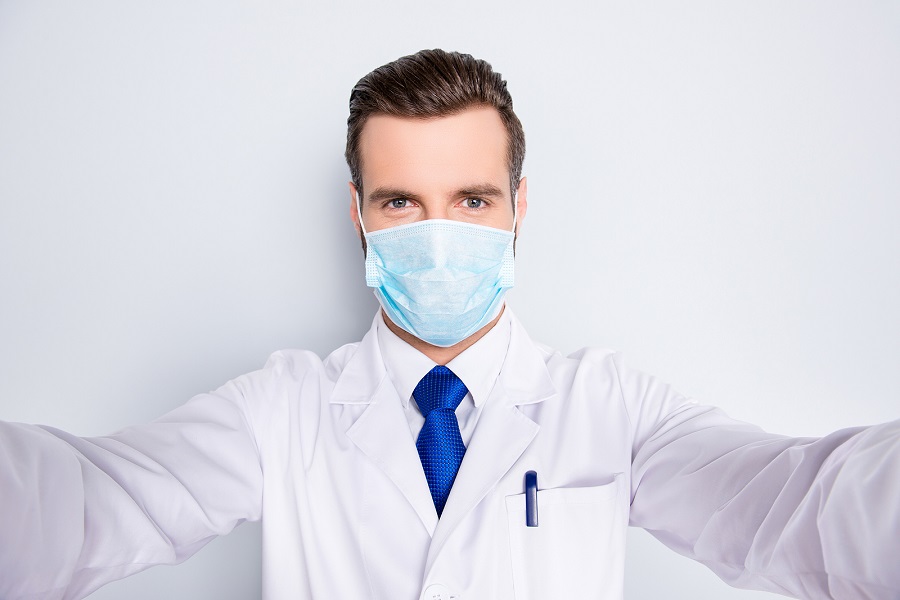The coronavirus outbreak has affected everyone, both personally and professionally. It has affected our daily routines, travel plans, and work routines. It has also affected our health and safety.
While the majority of cases of COVID-19 are mild, serious cases can occur. People with pre-existing conditions or compromised immune systems are at an increased risk of developing severe complications if exposed to the virus. When the body’s immune system becomes compromised by a virus, its ability to fight off infections is weakened, and bacteria have a better chance of causing damage. The diagnosis of severe gum disease may be an indication of underlying health issues associated with the virus. According to the CDC, patients diagnosed with the common cold and asymptomatic carriers of the virus may be at risk for contracting coronavirus disease 2019 (COVID-19). Those who have chronic conditions or who are immunocompromised should limit their exposure to other people and practice social distancing. This includes avoiding crowded places and keeping a safe distance from others.
If left untreated, the decay can spread to the pulp and become painful. The infection also causes the gums to become tender and swollen. It is possible for an infected tooth to be lost due to the severity of the infection. Patients should seek treatment right away to prevent tooth loss. Treatment of the infection may include root canal therapy to remove the infected nerve and restore comfort for the patient. In some cases, the tooth may need to be extracted if the infection is too severe or if the tooth is beyond saving. Immediate care is necessary to help reduce the risk of spreading the infection to other healthy teeth.
What Preventative Measures Should I Take?
The best way to minimize your risk of contracting COVID-19 is to practice social distancing and limit interaction with others, especially those who are sick. In addition to practicing these safety measures, you should also maintain good oral hygiene practices to lower your risk of infection.
Brushing your teeth for two minutes at a time at least twice a day can help prevent plaque buildup that can lead to gingivitis. Flossing with daily flossing to remove plaque between teeth as well as below the gumline can also prevent the onset of gum disease. When brushing or flossing at home, make sure you’re washing your hands with soap after doing so as well.
To learn more, contact Healthy Smiles of Saint Louis at 4224 Watson Rd, St. Louis, MO 63109, or call (314) 832-1366.
More Blog Posts
Patient Info
Save time by completing your new patient forms and sending them to us online or bring them with you to your first visit.
Office Hours
- MON - THU8:00 am - 5:00 pm
- FRI - SUNClosed









